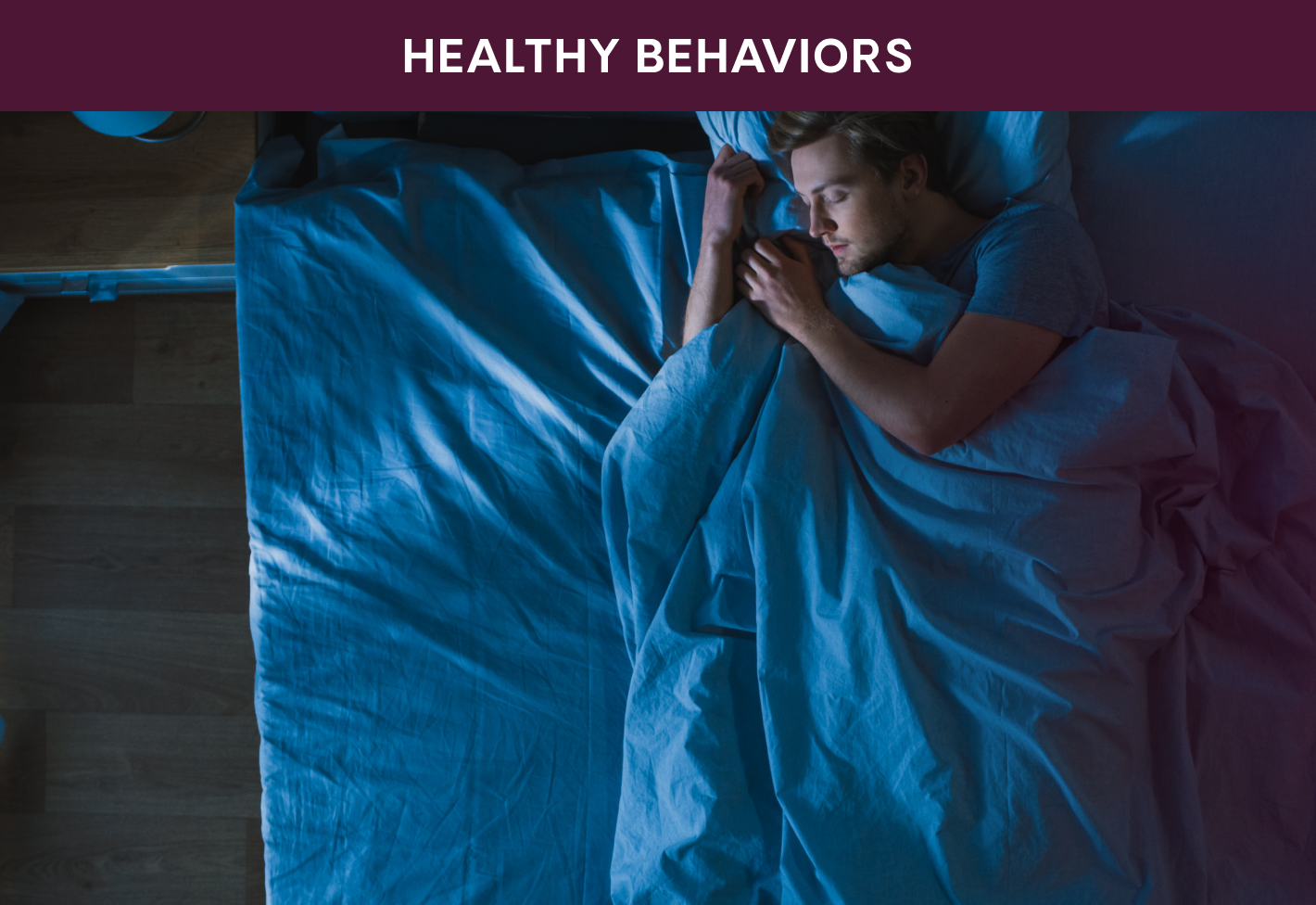As a first responder, you may find yourself working around the clock and you’re probably experiencing a lot of stress. You may also be sleeping in a new environment to avoid exposing the people you live with to the virus. All of this can impact your sleep and you may not be getting the rest you need.
Consider the practical tips in this video to help you stay alert during your shift and get the sleep you need when you have the chance:
- When possible, take a power nap (keep it under 45 minutes to avoid going into deep sleep).
- Keep a regular, healthy meal routine.
- Drink caffeine in moderation.
- Light impacts sleep, so get more light exposure to remain alert. When it’s time to sleep, make sure it’s dark – this includes avoiding the blue light that comes from electronic devices.
- Pack a bag in case you’re too tired to go home after your shift.
- When you do get time off, it may be tempting to catch up on your sleep and overdo it, but it’s important to stick to a sleep routine.
- If you have trouble relaxing your mind enough to fall asleep, try a relaxation exercise or guided meditation.
- Consult your doctor about taking melatonin.
- If you wake up often while you sleep, or it’s hard for you to fall asleep or get out of bed, consider speaking with a mental health professional.
Remember, to take care of others, you must take care of yourself first.


